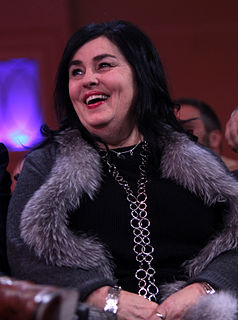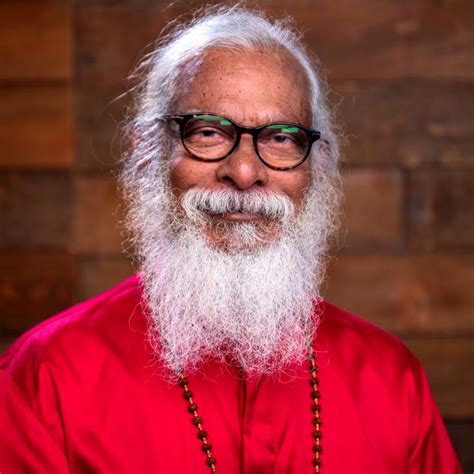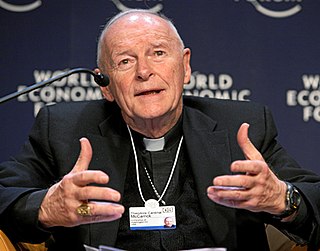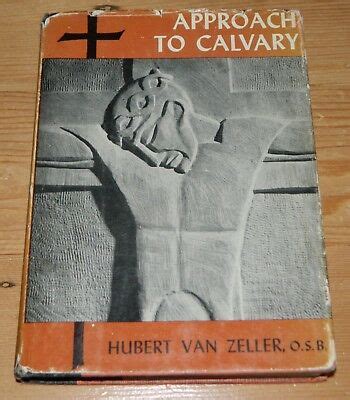A Quote by William Barclay
Love always involves responsibility, and love always involves sacrifice. And we do not really love Christ unless we are prepared to face His task and to take up His Cross.
Related Quotes
Christ has meant everything to our marriage. It was my commitment to Christ and the words from my grandmother that made me stick with Phil [Robertson] when there wasn't much to hold on to. How has Phil changed? Do you have a year to hear about it? His love for the outdoors, his pioneer spirit, and his quest for adventure has not changed. But his heart has been turned inside out. He's a new man in every way that involves relationships.
Whenever we think of Christ, we should recall the love that led Him to bestow on us so many graces and favors, and also the great love God showed in giving us in Christ a pledge of His love; for love calls for love in return. Let us strive to keep this always before our eyes and to rouse ourselves to love Him.
Jesus on the cross feels the whole weight of the evil, and with the force of God's love he conquers it; he defeats it with his resurrection. This is the good that Jesus does for us on the throne of the cross. Christ's cross, embraced with love, never leads to sadness, but to joy, to the joy of having been saved and of doing a little of what he did on the day of his death.
Here is a spiritual principle: We cannot exercise love unless we are experiencing grace. You cannot truly love others unless you are convinced that God's love for you is unconditional, based solely on the merit of Christ, not on your performance. Our love, either to God or to others, can only be a response to His love for us.
If it were not for the Eucharist, if it were not for this marvelous manifestation of God's love, if it were not for this opportunity to place ourselves in the very real presence of God, if it were not for the sacrament that reminds us of His love, His suffering and His triumph, which indeed perpetuates for us His saving sacrifice on the cross, I am sure that I could never face the challenges of my life, my own weakness and sinfulness and my own need to reach out to the Living God.
The love for our enemies takes us along the way of the cross and into fellowship with the Crucified. The more we are driven along this road, the more certain is the victory of love over the enemy's hatred. For then it is not the disciple's own love, but the love of Jesus Christ alone, who for the sake of his enemies went to the cross and prayed for them as he hung there.
In Christ we see the strength of achievement, and the strength of endurance. He moved with a calm majesty, like the sun. The bloody sweat, and the crown of thorns, and the cross, were full in His eyes; but He was obedient unto death. In His perfect self-sacrifice we see the perfection of strength; in the love that prompted it we see the perfection of beauty. This combination of self-sacrifice and love must be commenced in every Christian; and when it shall be in its spirit complete in him, then will he also be perfect in strength and beauty.
Romantic love, in pornography as in life, is the mythic celebration of female negation. For a woman, love is defined as her willingness to submit to her own annihilation.... The proof of love is that she is willing to be destroyed by the one whom she loves, for his sake. For the woman, love is always self-sacrifice, the sacrifice of identity, will, and bodily integrity, in order to fulfill and redeem the masculinity of her lover.
A cross borne in simplicity, without the interference of self-love to augment it, is only half a cross. Suffering in this simplicity of love, we are not only happy in spile of the cross, but because of it; for love is pleased in suffering for the Well Beloved, and the cross which forms us into His image is a consoling bond of love.
Holiness provokes hatred. The greater the holiness, the greater the human hostility toward it. It seems insane. No man was ever more loving than Jesus Christ. Yet even His love made people angry. His love was a perfect love, a transcendent and holy love, but HIs very love brought trauma to people. This kind of love is so majestic we can't stand it.





































